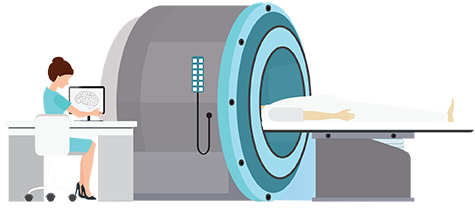

Radiology is the field of medicine that uses medical imaging to diagnose and treat injuries or illnesses. Radiologic technologists and technicians are the professionals who use different types of technology to perform the scans that the doctors rely on to make the correct diagnoses and create the best treatment plans for their patients.
There are different specialties within the field of radiologic technology, depending on the level of training and type of equipment that professionals are using. These jobs include:
For prospective radiology students, there are many schools in North Carolina to choose among. These are some of the colleges and universities offering radiology programs, according to the National Center for Education Statistics:
The pay for radiology jobs in North Carolina can depend on your specialty and where you work, both in terms of location and employer. Check out the table below for data from the Bureau of Labor Statistics on the employment and average annual salaries for jobs in radiology in North Carolina.
| Career | Total Employment | Annual Mean Wage |
|---|---|---|
| Cardiovascular Technologists and Technicians | 1,130 | 65,230 |
| Diagnostic Medical Sonographers | 1,940 | 65,770 |
| Magnetic Resonance Imaging Technologists | 870 | 65,690 |
| Nuclear Medicine Technologists | 490 | 68,790 |
| Radiologic Technologists | 7,350 | 57,110 |